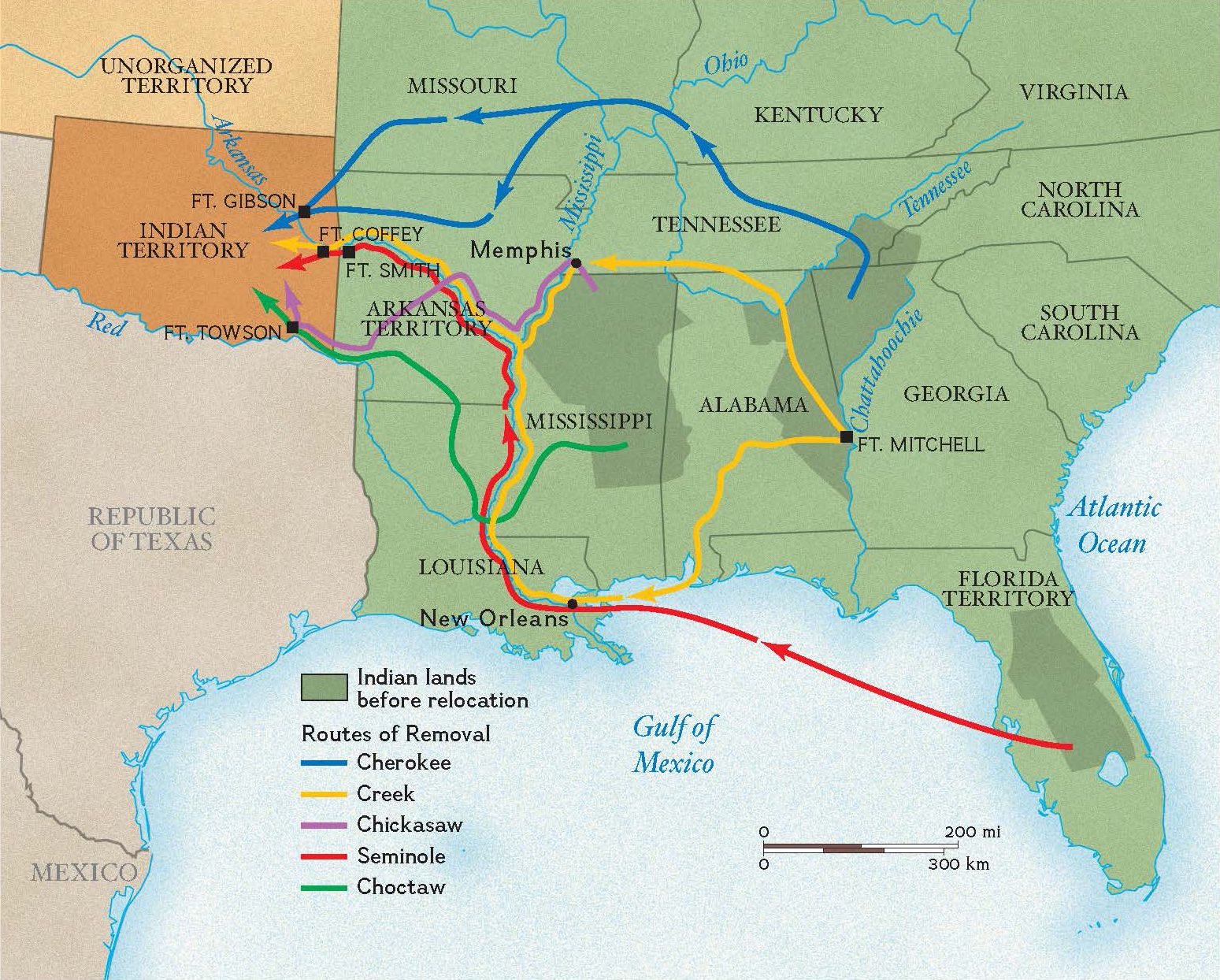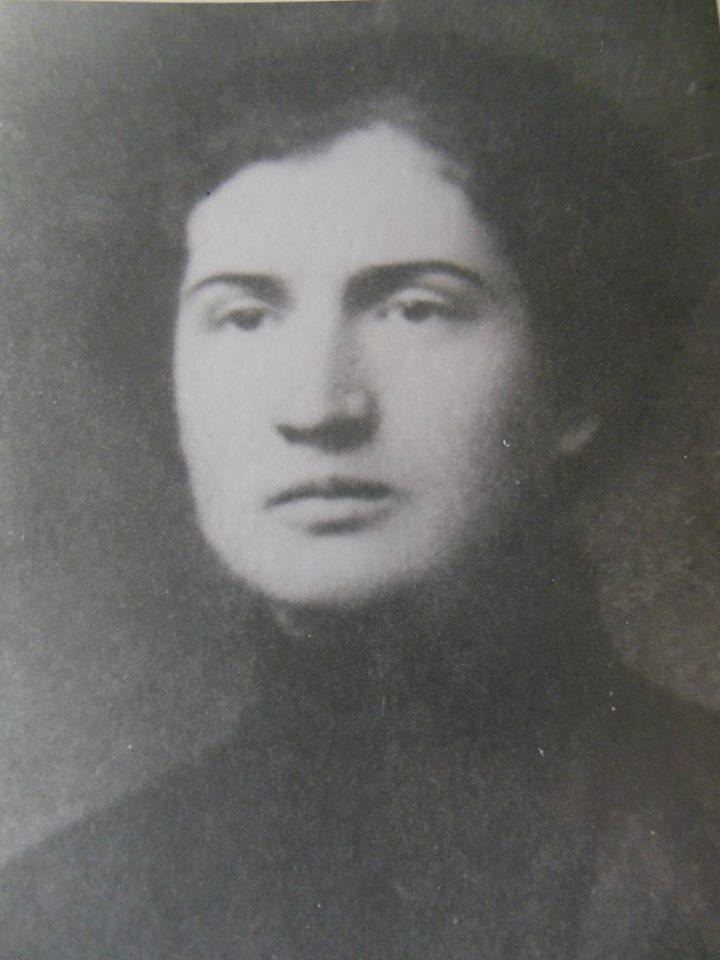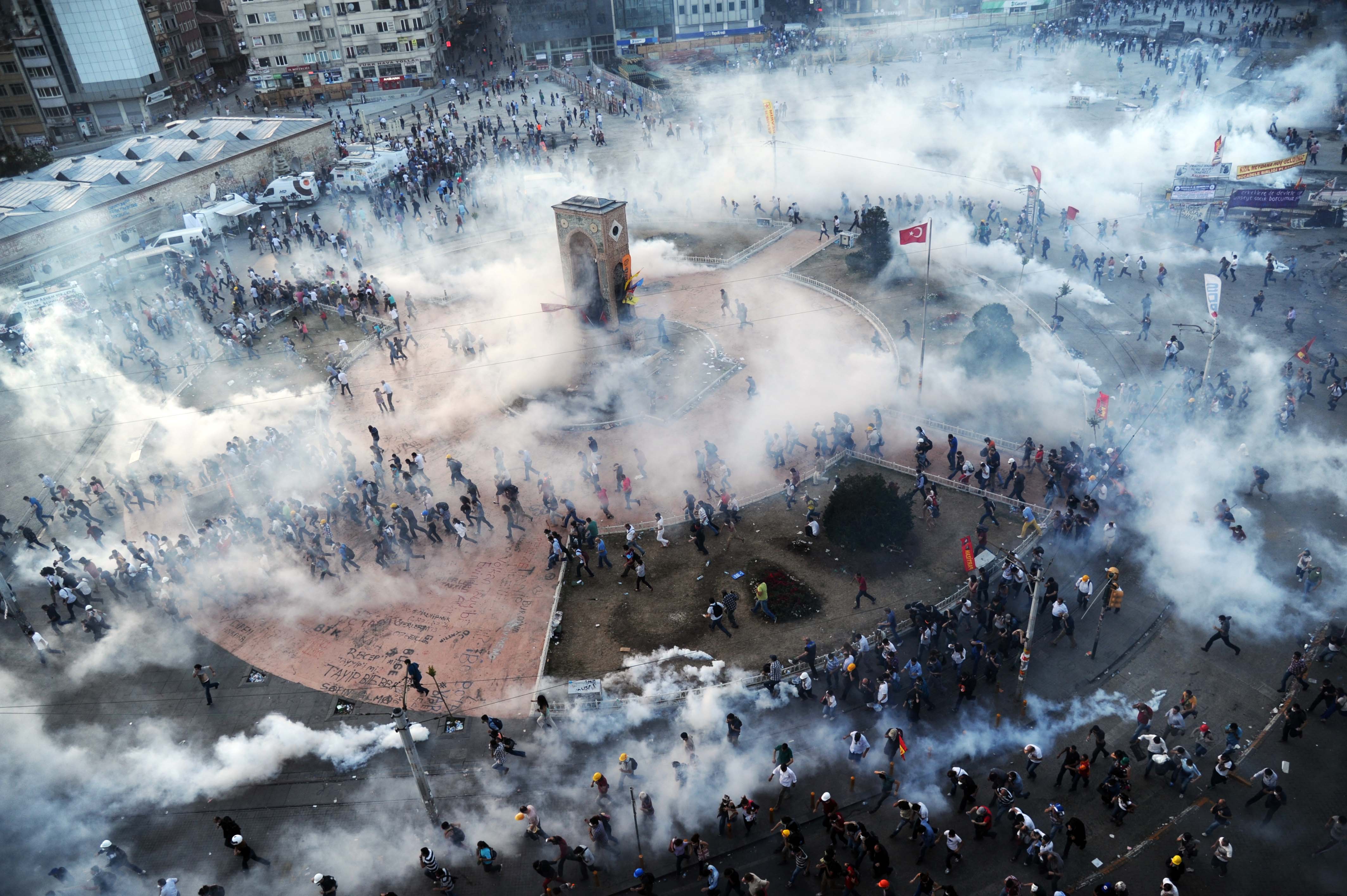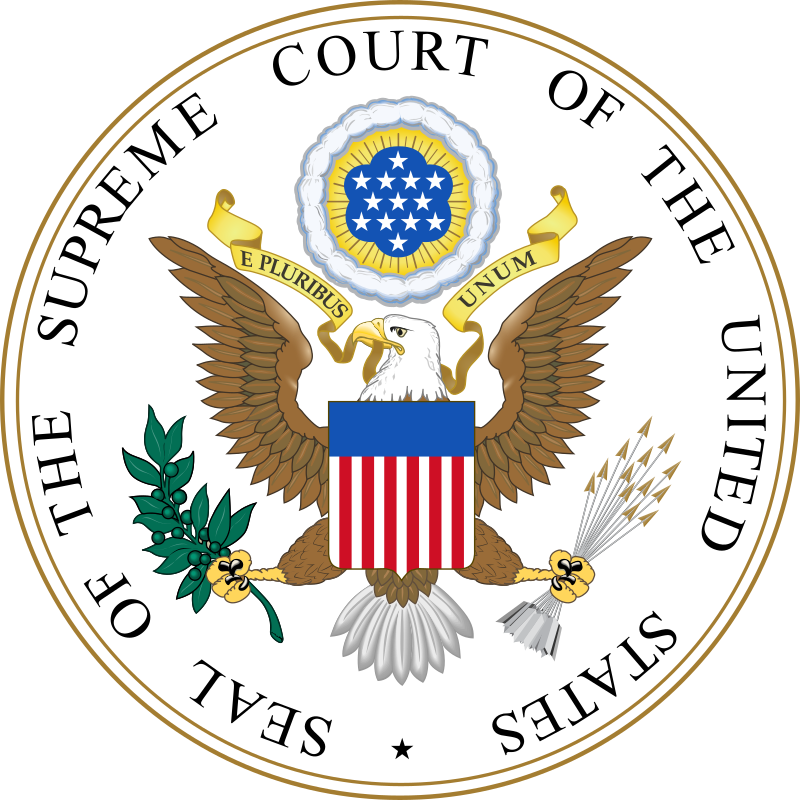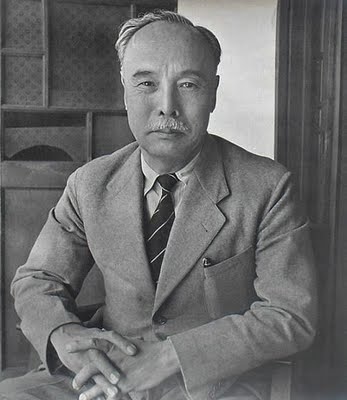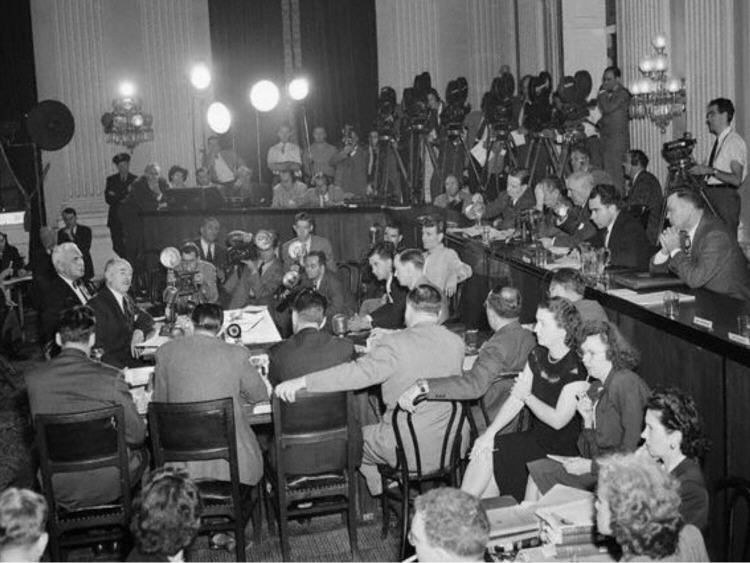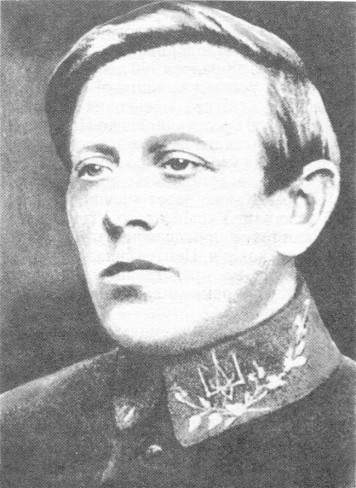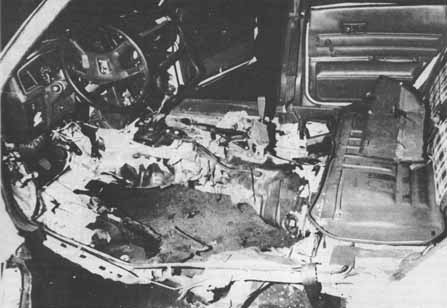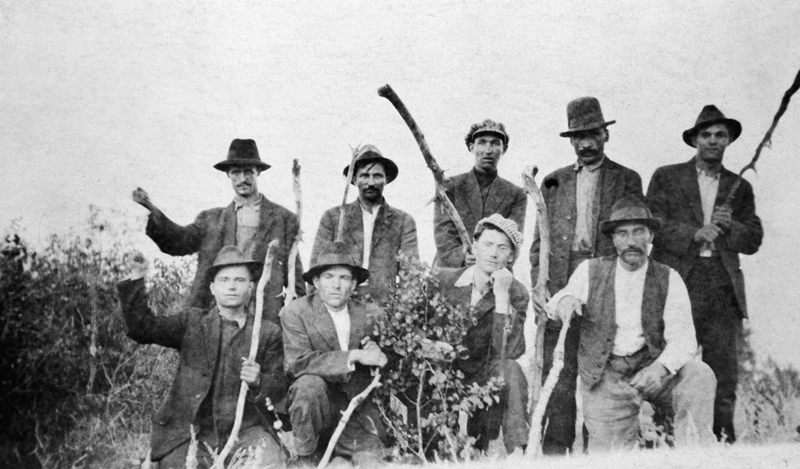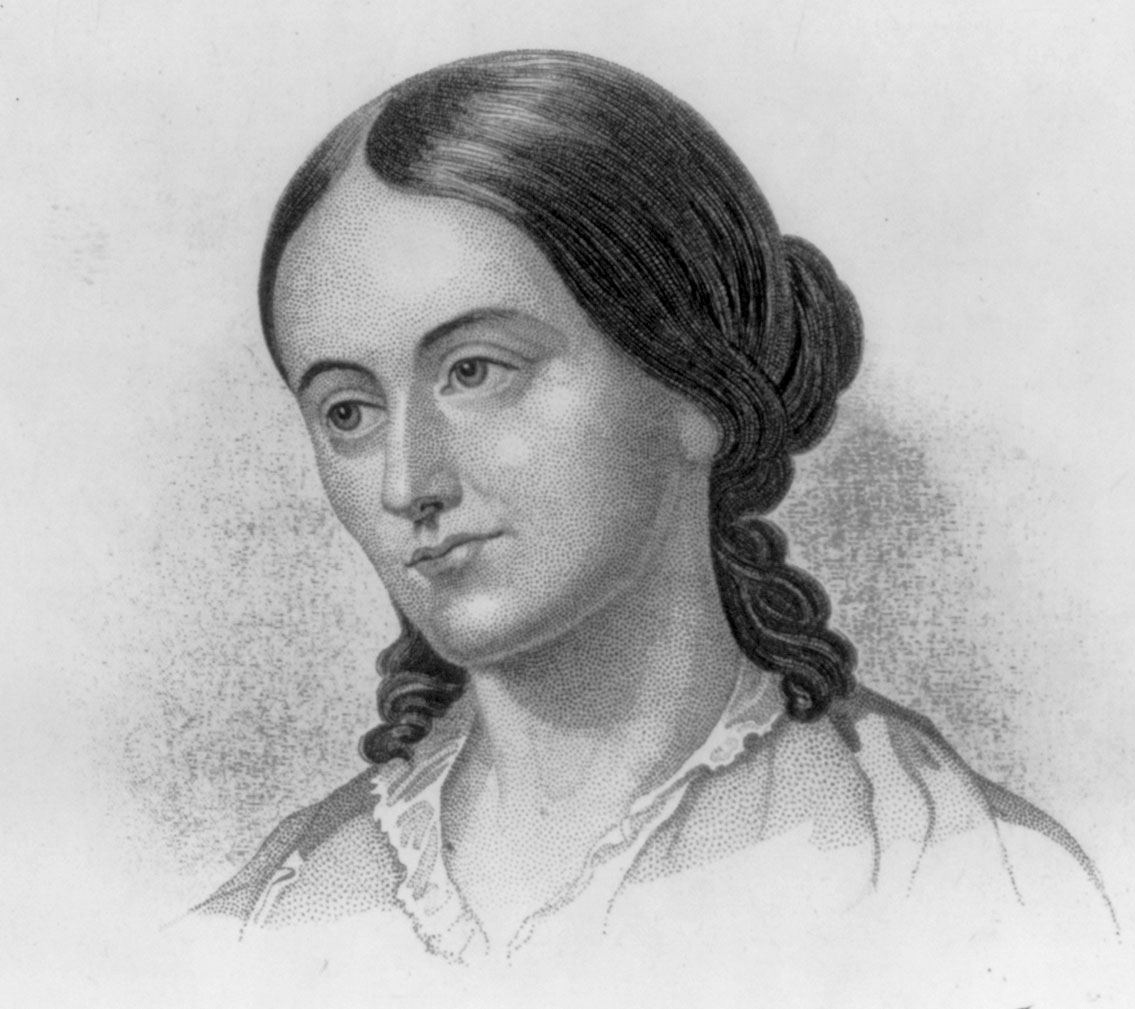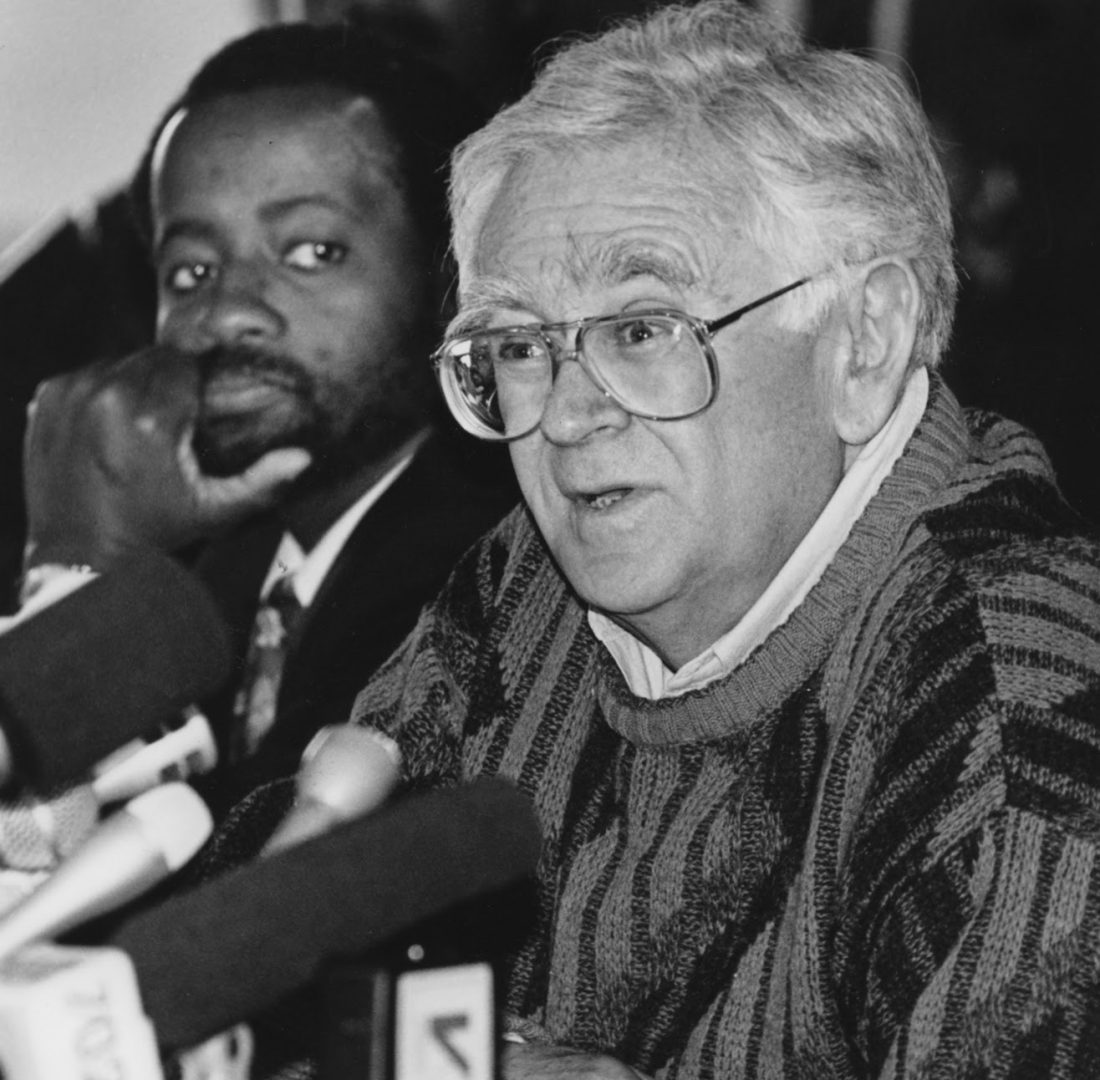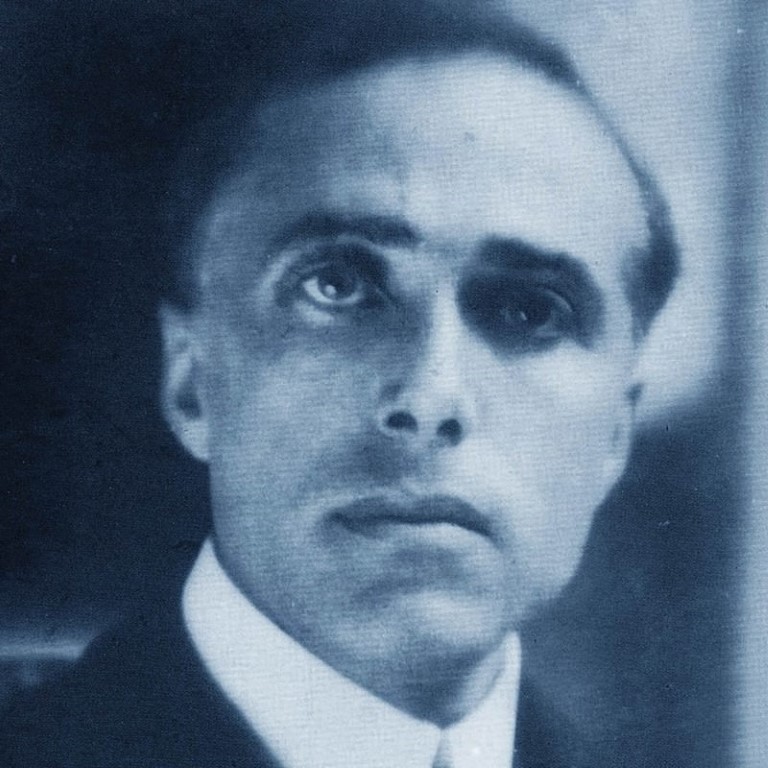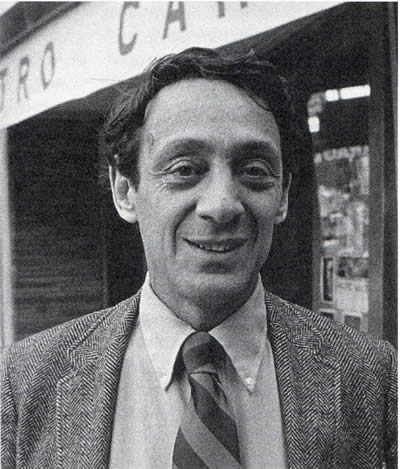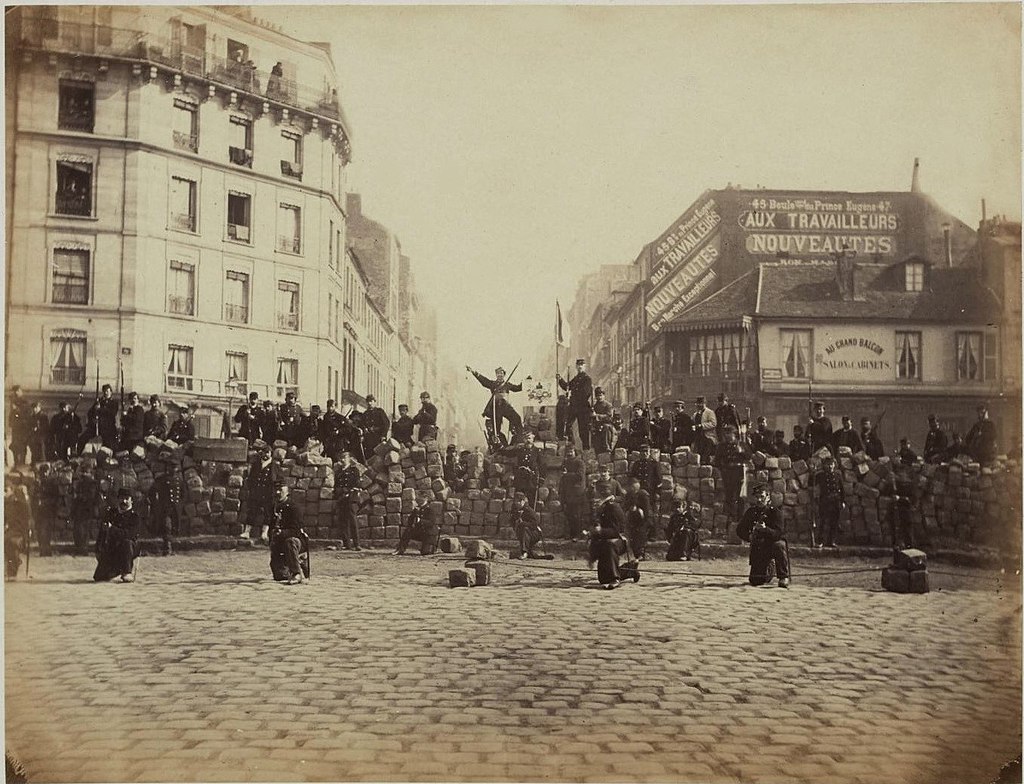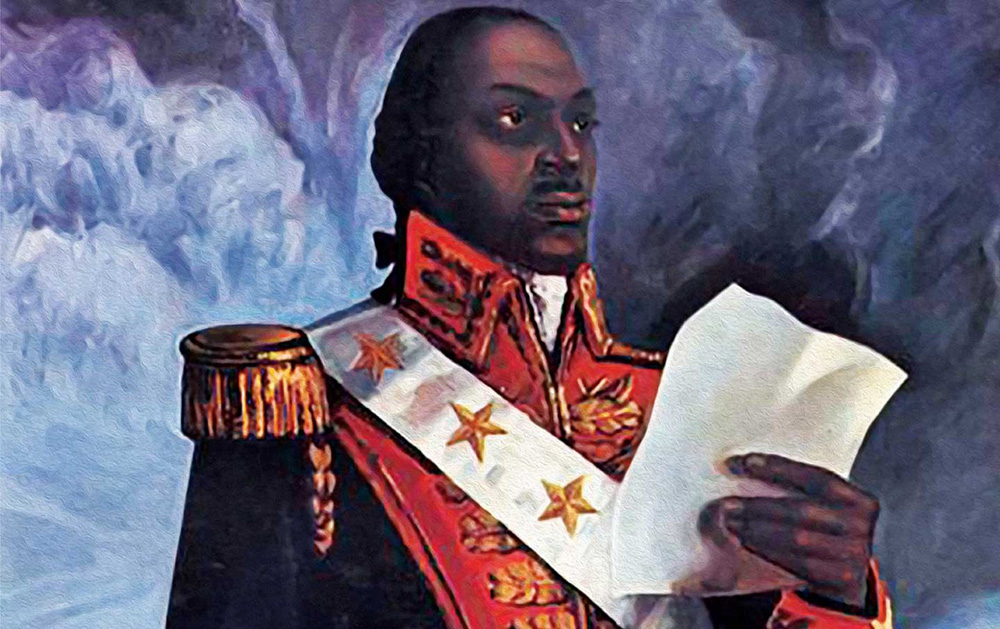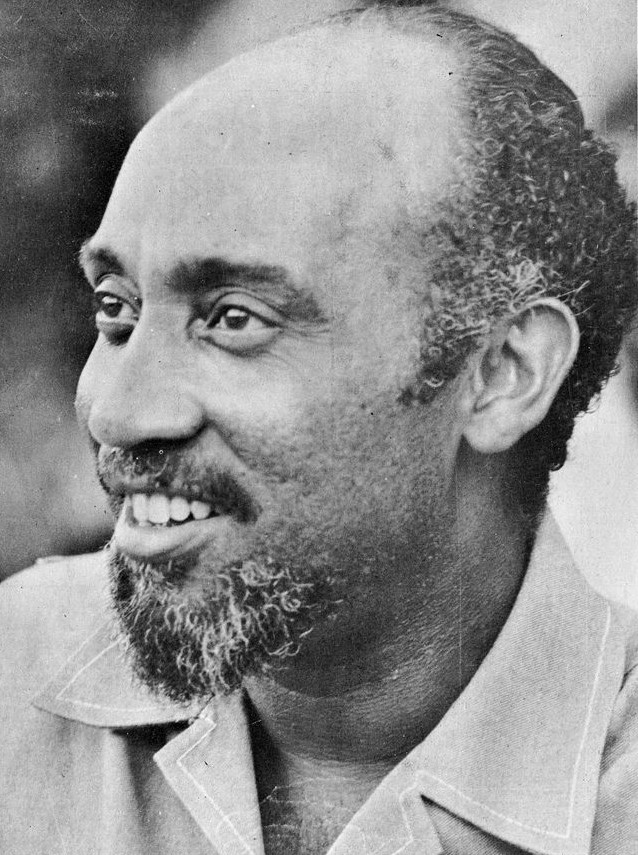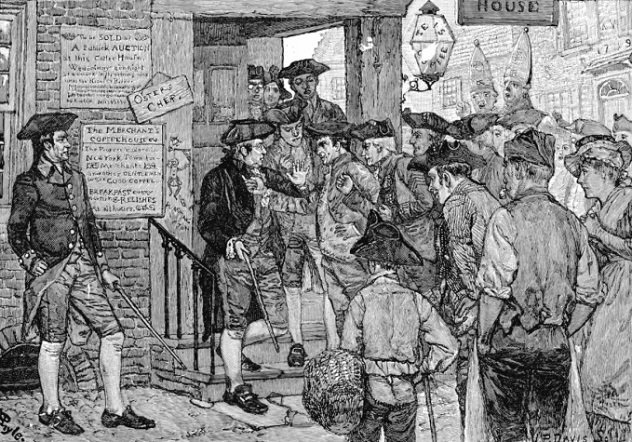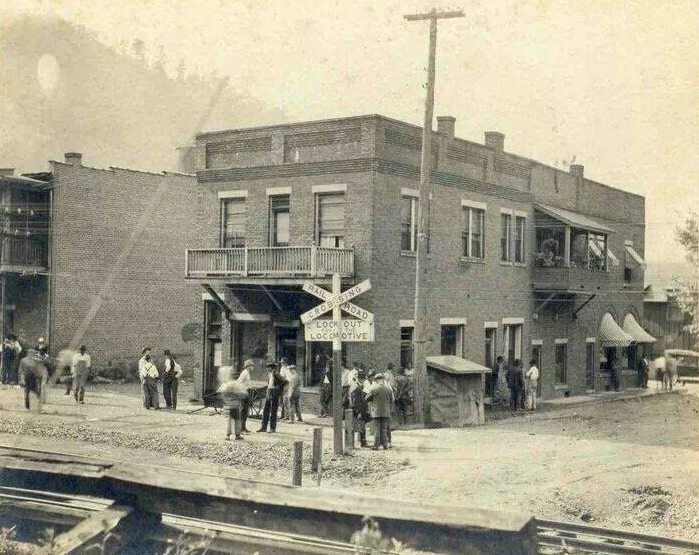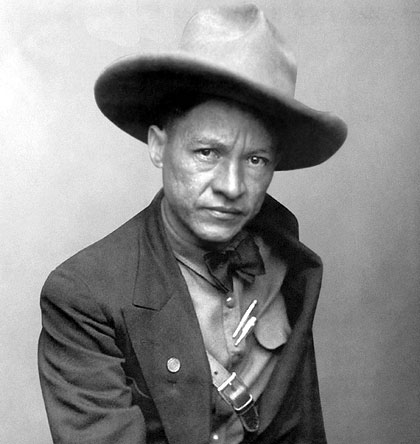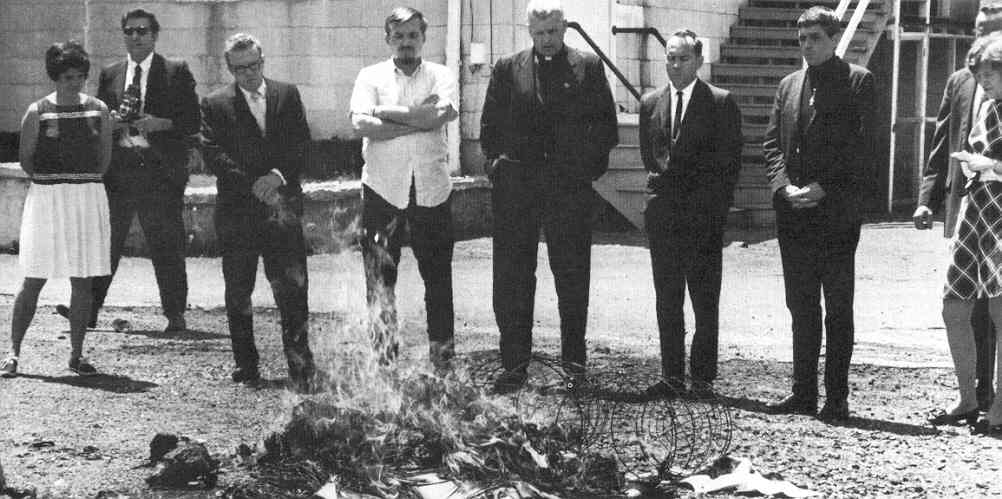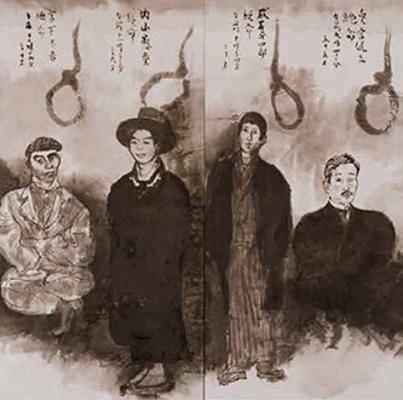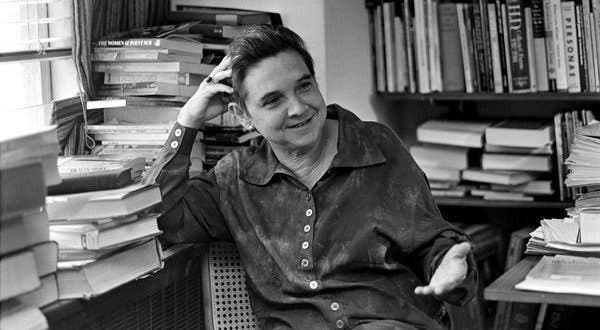Working Class Calendar
832 readers
117 users here now
[email protected] is a working class calendar inspired by the now (2023-06-25) closed reddit r/aPeoplesCalendar aPeoplesCalendar.org, where we can post daily events.
Rules
All the requirements of the code of conduct of the instance must be followed.
Community Rules
1. It's against the rules the apology for fascism, racism, chauvinism, imperialism, capitalism, sexism, ableism, ageism, and heterosexism and attitudes according to these isms.
2. The posts should be about past working class events or about the community.
3. Cross-posting is welcomed.
4. Be polite.
5. Any language is welcomed.
founded 1 year ago
MODERATORS
76
77
78
79
80
81
82
83
84
85
86
87
88
89
90
91
92
93
94
95
96
97
98
99
100

